
Steven Fleischman, MD, was inaugurated as ACOG’s 76th president, urging new fellows to lead with purpose and recognize their value in women’s health care.

Steven Fleischman, MD, was inaugurated as ACOG’s 76th president, urging new fellows to lead with purpose and recognize their value in women’s health care.

Fewer than half of females who experienced heavy menstrual bleeding were given hormonal treatment, and far fewer were referred to gynecology, authors reported.
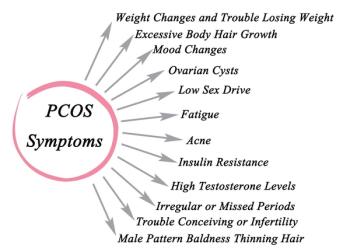
The findings support the potential cardiovascular advantages of the GLP-1RA class in women with PCOS, a population already at increased cardiometabolic risk.

While exercise is beneficial during pregnancy and ACOG recommends 150 mins/week, this is the first study to examine benefits of specific regimen elements on their own.
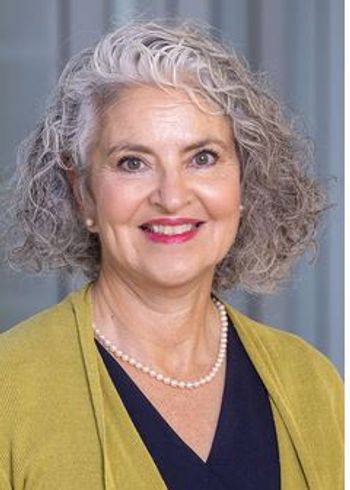
Postmenopausal women taking fezolinetant experienced positive changes in body fat distribution, increases in which are known to increase risks of cardiometabolic disease.

Details on 12 key abstracts with clinical relevance for primary care, from menopause management to PPD screening and HPV testing.

Elinzanetant reduced VMS frequency and intensity, and improved sleep and quality of life, according to the meta-analysis to be presented at the ACOG 2025 meeting.

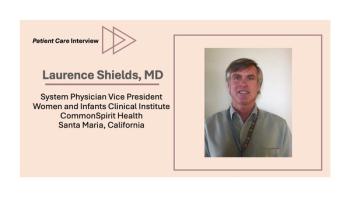
The two areas where primary care physicians can contribute to improving women's health, according to Laurence Shields, MD.

Building trust with patients early on will help them feel comfortable discussing their symptoms and treatment preferences, says JoAnn Pinkerton, MD.


Every patient should be offered evidence-based analgesia for pain management for in-office uterine and cervical procedures after shared, trauma-informed decision-making.

More than half of TikTok videos reviewed on hormonal birth control were patient-created and misleading while the majority of posts on endometrial cancer were by clinicians.

Two-thirds of pregnant individuals opted for either maternal vaccination against RSV or for neonatal monoclonal antibody therapy and for other vaccines recommended in pregnancy.

In a cancer survivorship clinic in urban New York, only one-quarter of long-term breast cancer survivors received genetic testing, contrary to current recommendations.

Secnidazole granules reduced recurrence rates to 20% over a period of 28 weeks in a small prospective pilot study, outperforming cumbersome daily regimens.
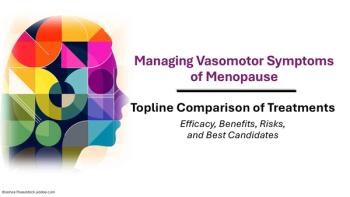
Medical and nonpharmacologic treatment options for VMS range in efficacy and risk/benefit profile; a short slide show offers a topline look at how many compare.

Hot flashes and night sweats are just 2 of the myriad symptoms associated with menopause. Click through a quick refresher on the transition and effective treatments.

The Teal Wand allows women to collect a vaginal sample in the privacy of their home and, according to Teal Health, the test has 96% accuracy for cervical precancer.

Rates of amputation in Black Americans with peripheral arterial disease are 3-times higher than that of their White counterparts. Dr Fakorede, discusses, here.

ACP 2025: Dr Fakorede outlines PAD risk amplifiers, polyvascular disease connections, and when to screen using ABI, TBI, or exercise testing in high-risk patients.

ACP 2025: Foluso Fakorede, MD, discusses the importance of recognizing and screening for peripheral artery disease in primary care.

Expert insights on PAD prevention, boosting colon cancer screening, and expanding obesity treatment options.

The increased risk of depression when oral contraceptives were started following childbirth was "instantaneous," researchers wrote, and was ~50% greater than nonuse.
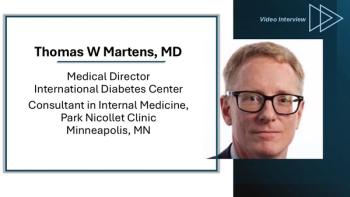
CGM is now standard of care in T1D and evidence is solid for a role in insulin-treated T2D; Thomas Martens, MD, shares thoughts on CGM growth in the next 3-5 years.

Martens, medical director of the International Diabetes Center (IDC) in Minneapolis, highlights an IDC resource that helps target problem areas in management of hyperglycemia.
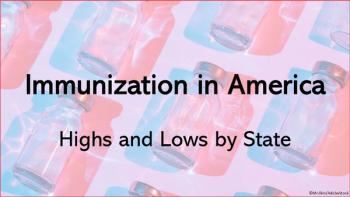
A quick look at the states ranking highest and lowest on metrics including influenza vaccination, tetanus vaccination, HPV vaccination, and more.

Martens, Director of the International Diabetes Center, in Minneapolis, highlights the differences between the 2 methods and what the research has found on each.


ACP 2025: Dr Kalager shares strategies for addressing patient beliefs, presenting risk data, and promoting shared decision-making in primary care settings.